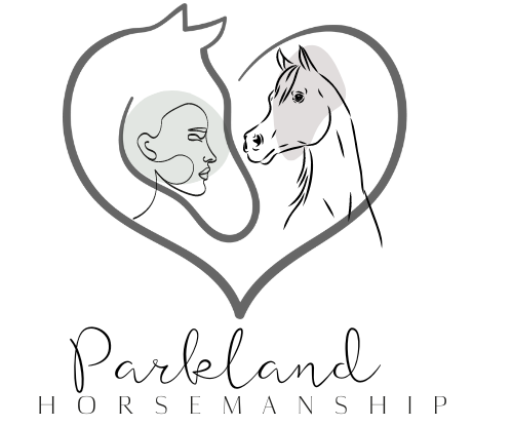Students of horsemanship experience a sense of fulfillment while participating in breathing circles or practicing horseback riding skills, providing positive reinforcement that contributes to emotional resilience.
Working with horses teaches people the value of trust, communication and connection – essential skills in creating resilient lives. That is why equine assisted learning has such an enormously positive effect on individuals of all ages.
Self-Esteem
As herd animals, horses are highly responsive to their environment and respond to emotional and behavioral cues in humans. Horses’ ability to mirror our emotions and behavior allows them to provide immediate feedback which allows us to become aware of our internal state while strengthening confidence in coping abilities.
Emotional resilience refers to one’s capacity for effectively handling stressful events in healthy ways. Resilient individuals can employ their coping strategies more quickly and efficiently when facing life’s obstacles.
Before participants began their equine activities, facilitators led them in a 5-7 minute “breathing circle” to clear away thoughts that distract and focus physical and mental attention on the task at hand. This practice has proven itself invaluable for stress reduction and anxiety management as well as helping build trust relationships and setting healthy boundaries.
Self-Awareness
Horses are highly attuned and respond to subtle emotional and behavioral cues in a nonjudgmental manner, providing individuals an opportunity to become more self-aware about their emotions and behavior, providing a safe space in which to reflect upon it all.
Empathy, an essential component of emotional intelligence, can be developed through equine-assisted learning. Individuals who understand how others experience pain and struggle can have greater insight into the struggles other people are going through and connect more easily with those facing similar obstacles.
Equine-assisted learning (EAL) can help individuals develop key life skills such as leadership, teamwork, problem-solving and communication that are necessary for both professional and personal success. Studies have demonstrated the lasting benefits of EAL for both the horse’s life as well as an individual’s own life – something we at Thought & Soul have experienced first-hand with our clients and horses they work with.
Self-Regulation
Horses are highly sensitive creatures, picking up on emotional and behavioral cues in a nonjudgmental manner and reflecting them back, helping individuals better understand their internal state and build self-awareness that supports self-regulation.
As participants work to solve issues in an equestrian-facilitated setting, they practice critical thinking and teamwork skills – an invaluable opportunity for personal and professional growth.
Working with horses also teaches students to manage their emotions by practicing mindfulness – an integral component of emotional regulation that has been proven to improve student mental health, and ultimately help reduce stress levels.
Teamwork
Equine Assisted Learning offers a unique way to promote teamwork and collaboration among participants. Activities which require them to connect with horses and overcome obstacles promote communication skills, problem-solving abilities and an appreciation of others amongst their ranks.
Equines have the unique ability to read human body language and can interpret emotions and intentions accurately, providing real-time feedback during sessions. This immediate feedback combined with an encouraging environment enables participants to gain the tools needed for managing emotional responses in daily life.
Part two of the course, entitled “Stress to Strengths,” had students classify their strengths using the Clifton StrengthFinder, an instrument which measures individual patterns of thinking, feeling and behavior. They used their Clifton StrengthFinder assessment results when forming teams for equine activities; using these strengths helped them better understand the consequences of their behaviors on others as well as learn to make healthy decisions that promote well-being and resilience that could then be transferred into professional and personal relationships.

